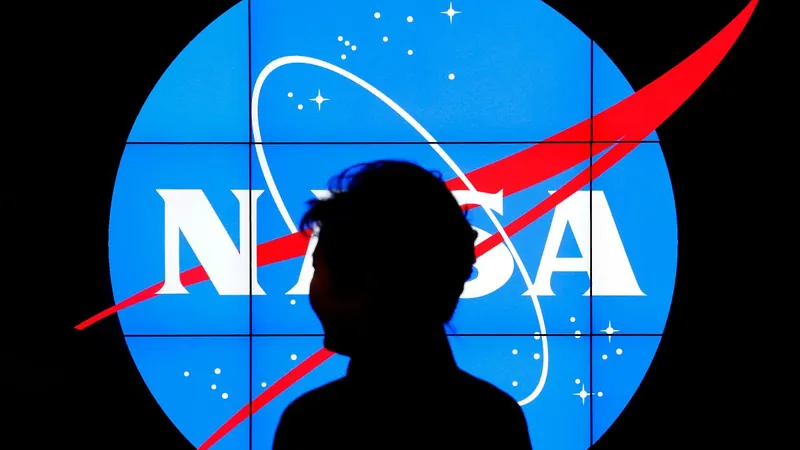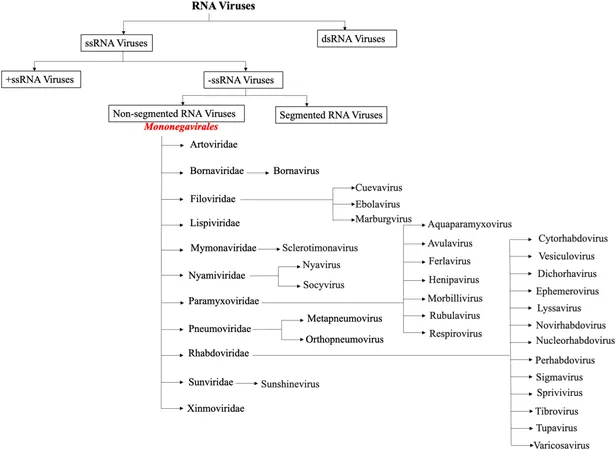
Google and NASA Join Forces to Revolutionize Space Health Care with AI Tool
2025-08-18
Author: Emily
AI Innovation for Astronaut Health
In a groundbreaking collaboration, Google and NASA are developing an innovative artificial intelligence tool designed to solve health issues encountered by astronauts during their missions. As the United States prepares for extended journeys to the Moon and beyond, this initiative promises to change how medical care is delivered in the isolation of space.
Meet the Crew Medical Officer Digital Assistant
Dubbed the "Crew Medical Officer Digital Assistant," this state-of-the-art automated system is engineered to assist astronauts and their Earth-based medical teams in real-time diagnosis and treatment of symptoms while in orbit. With the capability to support specialized space medicine physicians known as flight surgeons, the AI tool will provide crucial data and predictive analytics to enhance medical decision-making.
Successful Early Results Propel Development
Initial proof-of-concept results indicate that the system can deliver reliable diagnoses based on symptoms reported by the astronauts. As Google continues to collaborate with medical professionals to test and refine this tool, its implementation is becoming increasingly vital for future missions that delve deeper into the cosmos.
Pioneering Human Exploration Beyond Earth
This AI-driven medical assistant emerges as NASA gears up for its Artemis II and III missions—the first human lunar explorations since the Apollo era. These missions are stepping stones toward ambitious future plans aimed at reaching Mars in the 2030s, making effective astronaut health care more critical than ever.
Current Medical Training for Astronauts
Currently, NASA ensures its astronauts are well-prepared for medical situations by providing training in cardiopulmonary resuscitation (CPR), behavioral health, and basic first aid, alongside detailed knowledge of space-related medical issues like carbon dioxide effects and decompression sickness.
Challenges of Medical Care in Deep Space
Despite advancements, a recent study highlighted serious challenges for astronauts on missions beyond low-Earth orbit. Communication delays can be up to 10 seconds for lunar missions and as much as 40 minutes for Mars missions, which complicates urgent medical consultations considerably. This necessitates an even more sophisticated onboard medical support system.
Preparing for Mars: The Future of Space Medicine
To ensure the success of Mars missions, medical systems must be capable of precise diagnostics and proactive communication with ground specialists to minimize the necessity for back-and-forth exchanges. As this AI tool takes shape, it will redefine what is feasible for astronaut health care in the most extreme and isolated environments.
Conclusion: A Leap into the Future of Healthcare
This innovative AI project isn't just a step forward for space exploration—it's a pioneering leap in pushing the boundaries of healthcare technology, aiming to provide essential care for astronauts as they venture into the vast unknown.









 Brasil (PT)
Brasil (PT)
 Canada (EN)
Canada (EN)
 Chile (ES)
Chile (ES)
 Česko (CS)
Česko (CS)
 대한민국 (KO)
대한민국 (KO)
 España (ES)
España (ES)
 France (FR)
France (FR)
 Hong Kong (EN)
Hong Kong (EN)
 Italia (IT)
Italia (IT)
 日本 (JA)
日本 (JA)
 Magyarország (HU)
Magyarország (HU)
 Norge (NO)
Norge (NO)
 Polska (PL)
Polska (PL)
 Schweiz (DE)
Schweiz (DE)
 Singapore (EN)
Singapore (EN)
 Sverige (SV)
Sverige (SV)
 Suomi (FI)
Suomi (FI)
 Türkiye (TR)
Türkiye (TR)
 الإمارات العربية المتحدة (AR)
الإمارات العربية المتحدة (AR)